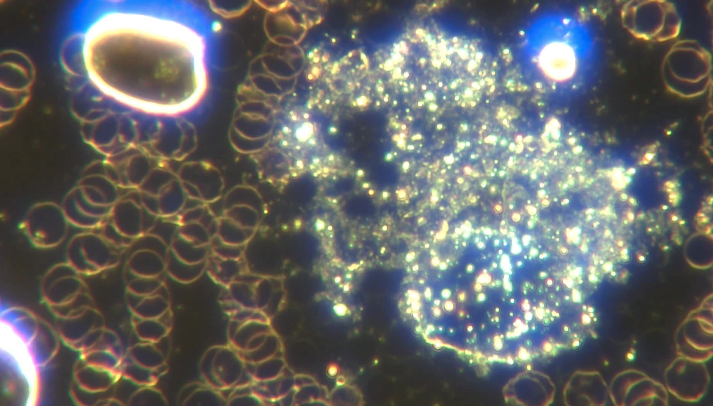From [HERE] A bill introduced late last week in the U.S. House of Representatives would end the liability protections Congress gave vaccine makers under the 1986 Childhood Vaccine Injury Act.
Thirty Republican lawmakers signed on as co-sponsors to House Bill 9828, End the Vaccine Carveout Act. The proposed legislation would end the broad protection from liability for injuries resulting from vaccines listed on the Centers for Disease Control and Prevention’s (CDC) Childhood Immunization Schedule.
“The … vaccine makers are criminal enterprises that have paid tens of billions in criminal penalties over the past decade,” Children’s Health Defense (CHD) founder and chairman on leave Robert F. Kennedy Jr. said in a statement on the bill.
Kennedy, who has long advocated for eliminating liability protection for vaccine manufacturers, added, “By freeing them from liability for negligence, the 1986 statute removed any incentive for these companies to make safe products. If we want safe and effective vaccines we need to end the liability shield.”
CHD, React19 and The American Family Project also supported the development of the bill, the press release said.
REACT19 founder Brianne Dressen, who experienced a debilitating COVID-19 vaccine injury as a volunteer in AstraZeneca’s clinical trial, announced the bill and its co-sponsors in a post on X, formerly Twitter.
“People harmed are long overdue for a compensation process that actually works, and it’s time for the drug companies to pick up the tab,” she said.
‘Complex sham compensation program’ in place since 1986 act
Congress passed the 1986 National Childhood Vaccine Injury Act to address the risks of vaccines — which Congress and vaccine makers acknowledged had “unavoidable” side effects.
The act set up a “no-fault” system whereby instead of suing the manufacturers, people injured by vaccines can file a claim with the National Vaccine Injury Compensation Program (VICP), which adjudicates the claims.
The VICP was meant to insulate vaccine makers from lawsuits that could bankrupt them while ensuring that injury victims had a straightforward, non-adversarial and fair path to compensation.
The program is funded by a 75-cent-per-dose tax, paid by vaccine makers, for every vaccine included in the program.
The U.S. Department of Health and Human Services administers the VICP, also known as the “vaccine court.” Court-appointed “special masters” — typically lawyers who previously represented the U.S. government — manage and decide the individual claims.
The proceedings are more informal than a typical courtroom. There is no judge or jury, and the rules of evidence, civil procedure and discovery do not apply.
In practice, getting compensation through the VICP has been notoriously difficult. Critics say the program has devolved to protect government agencies and corporations rather than the health of vaccinated children.
CHD CEO Mary Holland said the 1986 Childhood Vaccine Injury Act effectively left parents and children injured by vaccines with no substantive way to get any compensation while giving vaccine makers a free pass.
“For over 35 years, parents of children injured and killed by government-recommended vaccines have been left with no meaningful redress — only a complex, sham compensation program that pits grieving families against the government, while Big Pharma enjoys no liability,” she said.
“During that same time, chronic health conditions in children — autism, ADHD [attention-deficit/hyperactivity disorder], severe allergies, asthma — have skyrocketed,” Holland said.
In some cases, people who are dissatisfied with the outcome of their case in the VICP, or who don’t get a timely decision, can sue the manufacturer for limited causes of action, such as fraud — as is the case in many of the over 200 gardasil injury lawsuits currently being argued against Merck in federal court. [MORE]



















































































































































































































































































